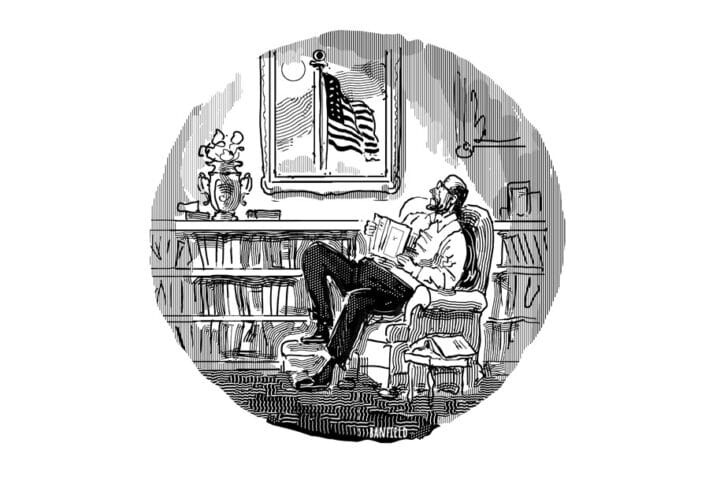Books Reviewed
The post-World War II Philadelphia in which I grew up was an urban, Catholic, working-class, two-parent-family world. Most dads had steady, decent-paying blue-collar jobs. Kids’ lives revolved around the parish church and school. Families didn’t need a credit card to take their vacation week at the South Jersey seashore. Nobody bowled (or drank) alone.
By the time I graduated from high school in 1976, that world was dying fast. The union-organized General Electric plant where my father had begun his worklife was being demolished in phases. Cousins and friends who, unlike our parents and grandparents, had high school diplomas, were settling for jobs as janitors, plumbers’ helpers, and part-time bartenders. Courtesy of “corporate restructuring,” a few who landed union jobs would later lose them.
In the 1940s, my mother had worked in a local textiles sweatshop. She retired in the mid-1980s after a quarter-century working as a “sales lady” in a family-owned downtown department store. In the mid-2000s, the store was acquired by a large national holding company worth billions of dollars. It rewarded her faithful service with an $88 a month pension payment.
My mother died in 2010. By then, “working-class” had become synonymous with out-of-wedlock births, broken families, deadly drug addictions, and high suicide rates. She went to her grave mourning





